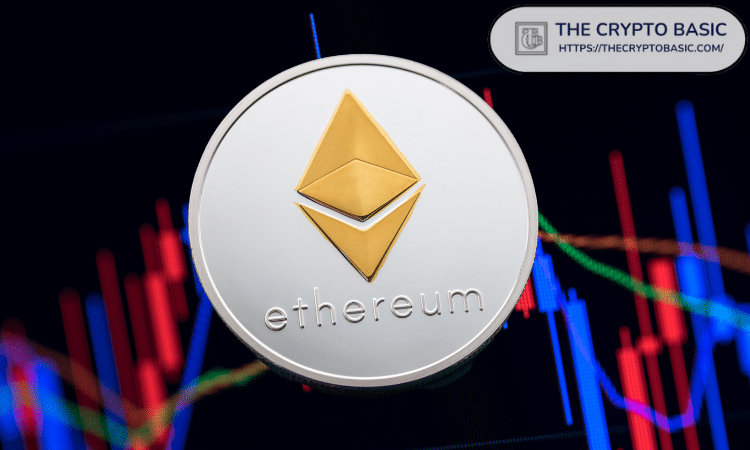An early Ethereum ICO advisor has argued that fees were meant to be low on the network, questioning the lucrative gas fees users must now pay.
The Ethereum network has become notorious for its high fees during periods of peak user demand. Depending on the kind of transaction a user wants to execute, gas fees may spike as high as hundreds of dollars.
However, an early Ethereum Foundation advisor, Steven Nerayoff, has questioned the current fee structure on the network. According to Nerayoff, fees on the network were originally meant to stay between $0.01 and $0.02, with a high bound of $0.5 allowed for only extremely complex transactions such as those involving sophisticated smart contracts.
The above figures appeared in the Ethereum ICO legal advisory documentation but are now far from the network’s reality. Nerayoff argues that the derailment from cheap Ethereum fees is part of early investors’ agenda to benefit “a handful of big players.”
He suggested that these rewards come in the form of higher ETH prices and rewards from mining (now staking activities), with those big players controlling a significant portion of the coin’s supply. Nerayoff also questioned while fees were low on other blockchain protocols such as Solana, XRP, and Cardano.
?The drive to push Ethereum, as Vitalik himself hints, often circles back to the lucrative 'gas fees'. When fees skyrocket, it's not the average user but a handful of big players who reap the rewards, especially if ownership & mining are as concentrated as suspected.… https://t.co/aeVq4zbzlk pic.twitter.com/C98gjEpsAH
— Steven Nerayoff (@StevenNerayoff) December 12, 2023
Ethereum Aims to Scale via L2s
While the Ethereum Foundation has revealed plans to improve transaction throughput on its base layer, the leading blockchain network has prioritized scaling through the layer-2 solutions. Over the past few years, several L2 networks, including Optimism, Arbitrum, Base, and zkSync Era, have all launched in a bid to take the transaction load off the Ethereum base layer.
While it is still early, L2s have not had the desired results, with fees still significantly high on Ethereum. Newer-age networks, including Solana, aim to capitalize on Ethereum’s weakness, with the older network now under pressure to scale faster or lose market share in the coming years.
DisClamier: This content is informational and should not be considered financial advice. The views expressed in this article may include the author's personal opinions and do not reflect The Crypto Basic opinion. Readers are encouraged to do thorough research before making any investment decisions. The Crypto Basic is not responsible for any financial losses.


